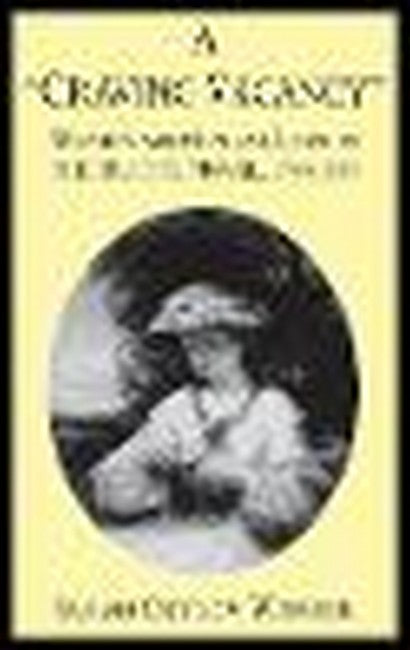What is the problem of sexual love? Neither inclusive of all aspects of sexuality nor fully synonomous with the idealized mythos of romantic love, sexual love as desire is marked by the highly charged intersection of sexuality and romantic love; it is a space where gender is imagined and enacted. In A Craving Vacancy, Susan Ostrov Weisser examines sexuality in the context of changing ideas of romantic love and feminity in Victorian Britain. Focusing her analysis on the works of Samuel Richardson, George Eliot, and Emily and Charlotte Bronte, Weisser reveals the complex relationship between conceptions of romantic passion and ideologies of sexuality. She illuminates the Victorian period as a time when these conceptions were shifting according to changing ideas of gender. With close attention to textual details, she introduces the concept of Moral Femininity, placing it in useful opposition to the competing Victorian ideal of the Lady. By forging a direct link between sexuality and romantic love ideology in the 19th century, and by highlighting the way in which the literary preoccupation with these subjects arises from anxieties about the construction of gender, A Craving Vacancy breaks important new ground.

